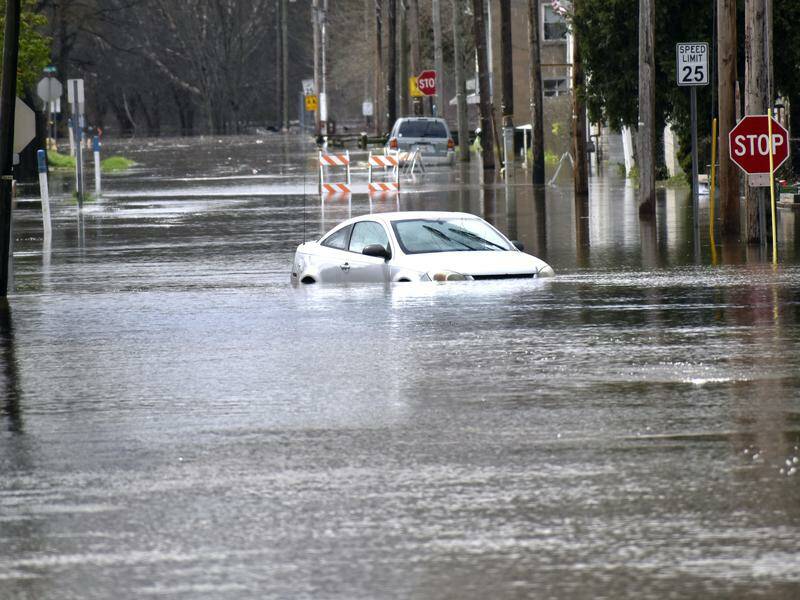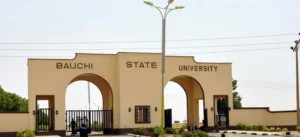
A wave of anxiety is sweeping through Lagos, Nigeria’s bustling commercial capital, as residents—particularly those on the Island—brace for what experts warn could be one of the most severe flood seasons in recent memory.
Tensions escalated following a recent alert from the Nigeria Hydrological Services Agency (NIHSA), which, in its 2025 Annual Flood Outlook unveiled in Abuja last week, identified Lagos among the high-risk states for intense flooding.
Presiding over the event, Minister of Water Resources and Sanitation, Prof. Joseph Utsev, urged residents in vulnerable areas—such as Lagos Island, Lekki, Victoria Island, Ikoyi, and Ajah—to prepare for potentially devastating floods. The warning cited heavy rainfall, rising sea levels, and the city’s overburdened drainage systems as key factors.
For many in Lagos, the fear is familiar. Perched precariously on the edge of the Atlantic Ocean, the city has endured repeated flood events over the years—each one inflicting widespread property damage, disrupting economic activity, and displacing families.
One of the most notorious flood disasters occurred in July 2012, when torrential rains submerged major roads like Ahmadu Bello Way, Ozumba Mbadiwe, and Marina. Businesses shut down, and commuters were trapped for hours in waist-deep water. Homes in Ikoyi, Lekki Phase 1, Victoria Island, and Ajah were overwhelmed, leaving residents wading through flooded streets and counting the cost in millions of naira.
With NIHSA’s latest warning, fears of a repeat—or worse—have resurfaced.
“It’s a nightmare every rainy season,” said Funmi Adebayo, a civil servant living in Lekki Phase 1. “Last year, my living room was flooded and I lost over N2 million worth of furniture. These warnings only deepen our sense of helplessness.”
Kennedy Terfa, a media executive based in Victoria Island, echoed the sentiment. “Flooding here has become a tradition,” he said. “In 2022, water damaged our office servers and other equipment. The government talks about solutions every year, but meaningful change is rare.”
Titi Balogun, a teacher residing in Oniru Estate, described the psychological toll of living in a flood-prone area. “I barely sleep during the rains,” she said. “We constantly monitor water levels. Last year, a neighbour’s fence collapsed from the pressure. It’s terrifying, especially with kids.”
Commercial driver Ayo Shonibare, who plies the Ajah–Lekki–Victoria Island route, pointed to the economic consequences. “Once it rains, everything shuts down,” he said. “The roads are terrible, drains are clogged, and we either risk our vehicles or lose income. This shouldn’t be normal in a city like Lagos.”
In response to mounting fears, the Lagos State Government has reaffirmed its readiness to tackle the anticipated floods. During an inspection of the Lagos Island Urban Regeneration Project, Commissioner for the Environment and Water Resources, Tokunbo Wahab, assured residents that proactive measures were underway.
Wahab noted that the Emergency Flood Abatement Gang (EFAG) had been fully mobilized to operate throughout the year, focusing on clearing blocked drains, desilting canals, and mitigating risks in flood-prone areas.
“This is not business as usual,” he said. “We’re intensifying our drainage clearance and urban regeneration efforts. EFAG teams are deployed across the state and will remain active year-round.”
He also urged residents to support the government’s efforts by refraining from indiscriminate waste disposal, which continues to clog drainage systems and worsen flood impacts.






